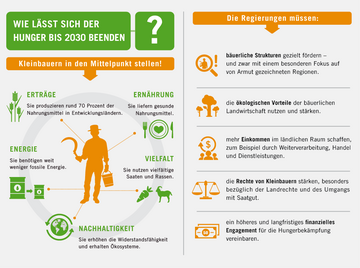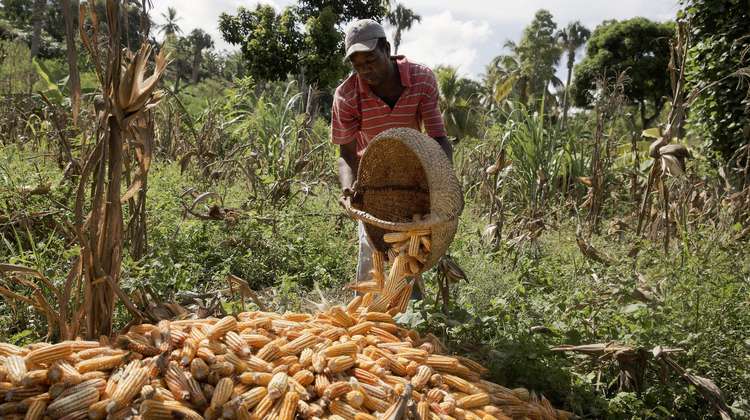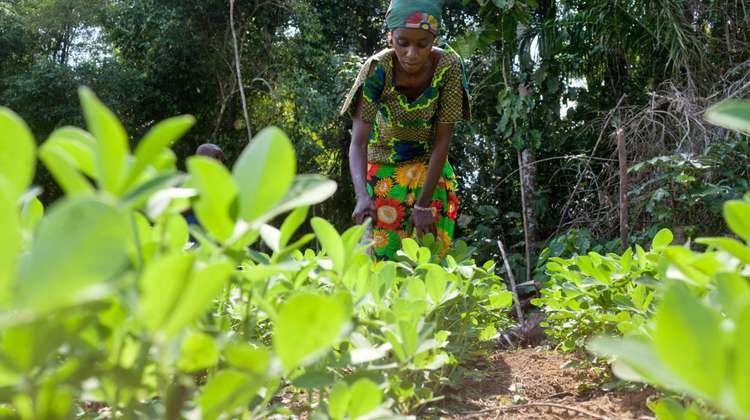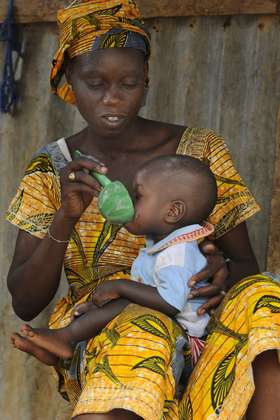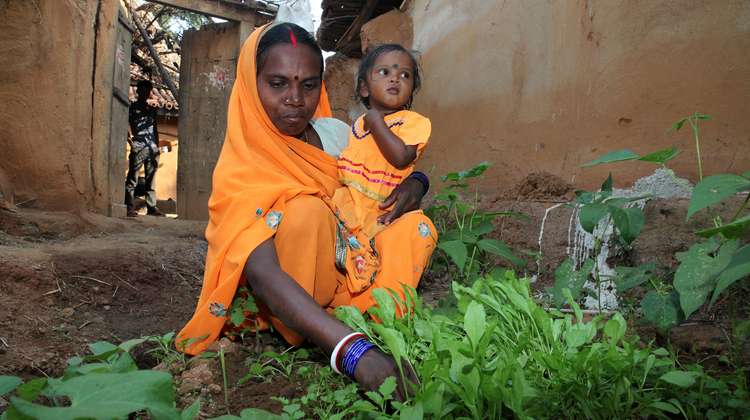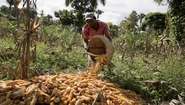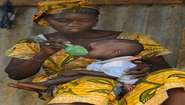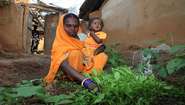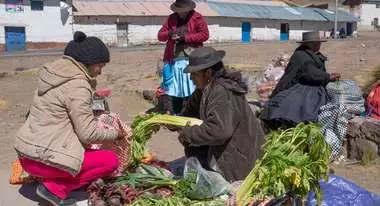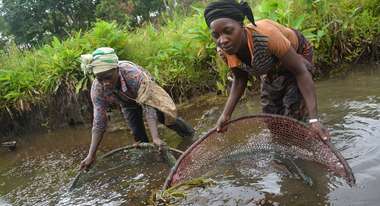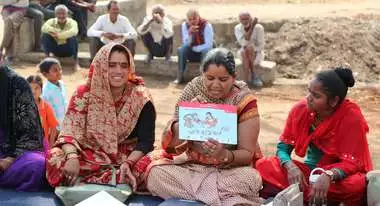Scant Progress in the Fight Against Hunger
Still 795 million people going hungry in the world, of which 780 million are living in developing countries. G7 states have an obligation
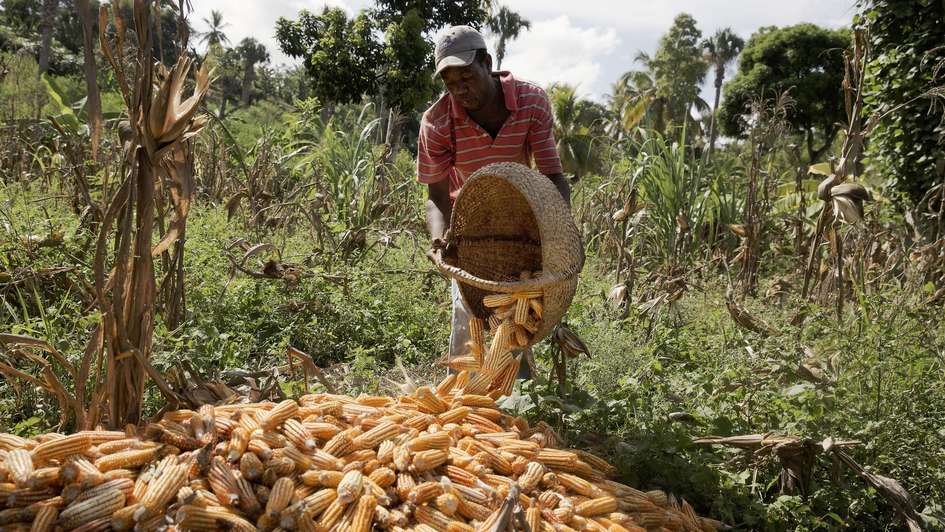
The report published today in Rome on the global food situation (The State of Food Insecurity in the World 2015) by the FAO, IFAD and WFP shows, from the point of view of Welthungerhilfe, “scant progress in the global fight against hunger”, according to the president of Welthungerhilfe, Bärbel Dieckmann. “If the trend of the past ten years continues, our goal – a world without hunger by 2030 – will move further and further away. We would then not reach that point until after 2060.”
According to the FAO, IFAD and WFP, there are still 795 million people going hungry in the world, of which 780 million are living in developing countries. With a view to the upcoming G7 summit meeting at Schloss Elmau on 7th and 8th June, Dieckmann is calling for the following: “The G7 governments must initiate a clear trend reversal, strengthen their efforts and continually increase state funds until 2030 for the fight against hunger.”
Fewer funds available for the fight against hunger
Based on information from the Welthungerhilfe-developed ‘ODA-Tracker’, since 2010 the G7 states have been making fewer and fewer funds available for food security and rural development. The total amount fell from 11.3 billion dollars in 2010 to 8.65 billion in 2013. While the challenges for global food security are increasing, not least due to climate change, the seven richest nations are providing less and less for the future of humankind.
“In the fight against hunger, there must be more focus on smallfarmers in particular”, says Dieckmann. “Smallfarmers produce around two-thirds of all food in developing countries. With increased support they could produce more and generate more income, thus overcoming hunger in their countries.”
Welthungerhilfe is one of the largest private aid organisations in Germany; politically independent and non-denominational. It is fighting for ‘Zero Hunger by 2030’. Since its establishment, more than 8,500 overseas projects in 70 countries have been supported with 3.27 billion euros. Welthungerhilfe works on the basic principle of help for self-help: from rapid disaster relief to reconstruction and long-term development cooperation projects with national and international partner organisations.





